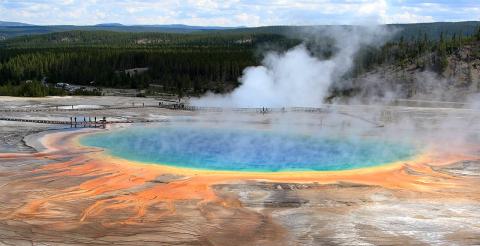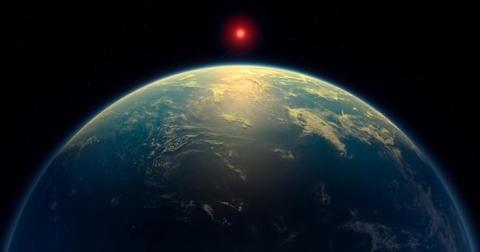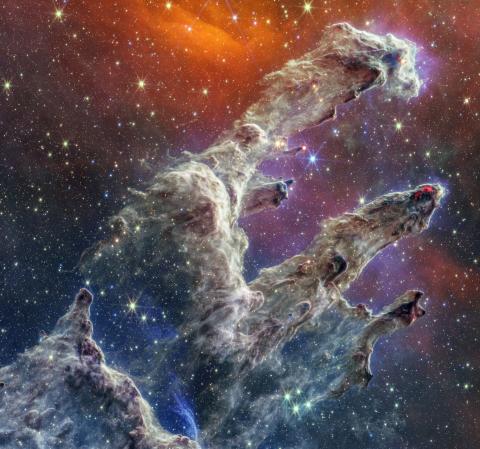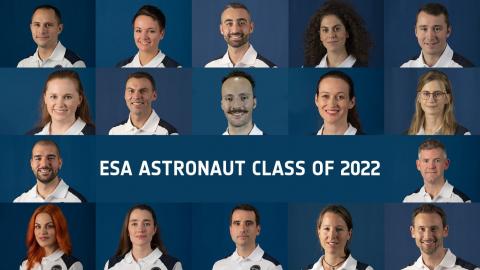National Institute of Aerospace Technology (INTA)
If you are the contact person for this centre and you wish to make any changes, please contact us.
PhD in Biochemistry and Molecular Biology, CSIC research scientist at the Center for Astrobiology (CSIC-INTA), where he leads a group researching the origin of life and the development of biosensors, and science communicator.
Researcher at the Astrophysics Department of the Astrobiology Centre (INTA-CSIC)
Aeronautical engineer and former head of INTA's Department of Payloads and Space Sciences
Physicist at INTA's Space Optics Department
Research Scientist at the Department of Planetology and Habitability of CAB-INTA-CSIC

Amino acids are the building blocks of proteins. These are known as the building blocks of life, but they cannot replicate themselves. To do so, they need the instructions provided by RNA. How this relationship began is still a mystery. Now, a British team has shown how it could have started from relatively simple conditions. According to the researchers, who published their findings in the journal Nature, ‘understanding the origin of protein synthesis is fundamental to understanding where life comes from.’

Using data from the James Webb Space Telescope (JWST), a group of astronomers has detected the chemical fingerprints of dimethyl sulfide (DMS) and dimethyl disulfide (DMDS) in the atmosphere of exoplanet K2-18b, which orbits its star in the habitable zone. The detection has been published in The Astrophysical Journal Letters.
The Karolinska Institute has awarded the Nobel Prize in Medicine or Physiology to Katalin Karikó and Drew Weissman for their groundbreaking discoveries, which have radically changed our understanding of how mRNA interacts with our immune system, and made it possible to develop vaccines at unprecedented speed during the covid-19 pandemic.

Two decades of work with numerous setbacks, a budget of more than 10 billion dollars and a journey of 1.5 million kilometres to provide us with images of the universe in unprecedented detail have led Science magazine to choose the James Webb Space Telescope (JWST) as the science breakthrough of 2022.

The European Space Agency (ESA) has just announced who will form part of its new generation of astronauts and there are two Spaniards among those selected: Pablo Álvarez and Sara García (the latter, in reserve). They thus become the third and fourth Spanish astronauts in history, after NASA's Michael López-Alegría (with Spanish and US nationality) and Pedro Duque, the first Spanish astronaut to be selected by ESA in 1992. No Spanish candidate was selected in the European agency's 1998 and 2008 calls for applications.

Early this morning, the Spanish air navigation manager restricted a strip of airspace due to the possible passage of the Chinese space object CZ-5B, which had detached from the Long-March 5B rocket. The fragment finally fell over the Pacific Ocean and Spanish airspace is no longer restricted.
After the scientific success and popularity of the Hubble and James Webb space megatelescopes, there are other smaller telescopes with important missions. This is the case of the European Space Agency's PLATO, whose telescopes will have the challenge of searching for exoplanets by monitoring hundreds of thousands of stars.